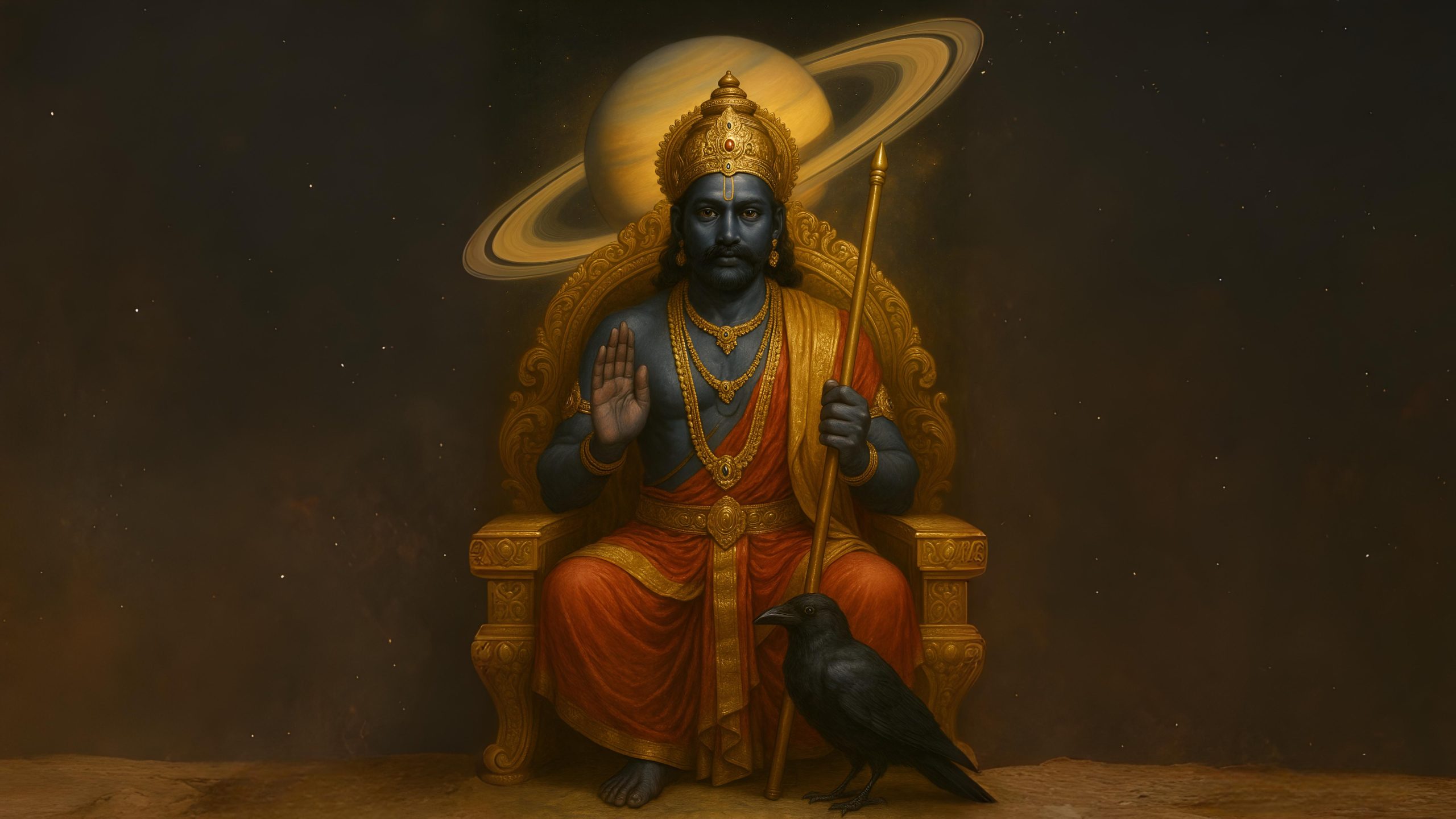Astrology vs Astronomy are two disciplines often confused due to their shared focus on celestial bodies. Astronomy is defined as the scientific study of stars, planets, galaxies, and the universe as a whole. The physical nature of these celestial objects and their interactions are sought to be understood by astronomy. Astrology, on the other hand, is a belief system that is based on the idea that the positions and movements of celestial bodies have an influence on human lives and events on Earth
Astronomy
Astronomy is the scientific study of celestial objects and the universe. It is a broad field in which mathematics, physics, and chemistry are used to explore the origins, movements, and properties of celestial objects. The forces that govern these objects and the evolution of the universe are also sought to be understood. Astronomy is considered a natural science that has been used for thousands of years to measure time, navigate the oceans, and mark the seasons. It is also regarded as an observational science, where telescopes are used to study the electromagnetic radiation emitted from celestial objects.
History of Astronomy
Astronomy has evolved over millennia, beginning with the use of stars for navigation and timekeeping by ancient civilizations. A geocentric model was proposed by early Greek astronomers, like Ptolemy, while the heliocentric theory was later introduced by Copernicus. Observations were transformed by the invention of the telescope by Galileo, and the understanding of celestial mechanics was advanced by Kepler’s laws and Newton’s gravity theory.
In the 20th century, technological breakthroughs such as radio telescopes and space probes were made, which allowed deeper exploration and led to discoveries about black holes and the expanding universe. Today, the universe’s mysteries are still being uncovered with advanced telescopes and space missions.
Key Branches of Astronomy
- Observational Astronomy: Data is collected using telescopes, satellites, and other instruments to study the light and radiation emitted by celestial bodies in observational astronomy.
- Theoretical Astronomy: Computer models and simulations are used in this branch to explain celestial phenomena such as black holes, galaxy formation, and the Big Bang.
- Astrophysics: The behavior and properties of celestial objects, including their energy, motion, and matter, are understood by applying the principles of physics in astrophysics.
Astrology
Astrology is a belief system that suggests a connection between the positions and movements of celestial bodies (such as stars, planets, and the Moon) and events or characteristics in human life. The alignment of these celestial objects at the time of a person’s birth is believed to influence their personality, behaviors, and even future events. An astrology course often delves into creating horoscopes based on the positions of celestial bodies, using systems like the zodiac, which divides the sky into twelve signs corresponding to different periods in the year.
While astrology is often regarded as a form of entertainment or spiritual guidance, it is not scientifically supported. Unlike astronomy, which is based on empirical evidence and observation, astrology is considered a pseudoscience due to its lack of scientific validation.
History Of Astrology
Astrology dates back to ancient Mesopotamia around 2,000 BCE, where celestial movements were linked to earthly events by the Babylonians. The zodiac was developed by the Egyptians, and astrology was incorporated into their religious and cultural practices. Astrology was formalized in the 2nd century CE by Greek scholars like Ptolemy, who blended Babylonian traditions with Greek philosophy.
During the Middle Ages, astrology was closely tied to astronomy, but as scientific methods advanced, it became less scientifically accepted. Despite this, astrology remained popular and grew in the 20th century with the rise of horoscopes in newspapers. Today, astrology is mainly practiced as a form of personal insight and entertainment.
Astrology in Different Cultures
Astrology has been practiced in various forms across different cultures throughout history. Celestial movements were linked to earthly events by the Babylonians in ancient Mesopotamia. The zodiac was developed by the Egyptians, and astrology was incorporated into their religious practices.
In India, Vedic astrology, or Jyotish, has been practiced for thousands of years and is considered a significant part of Hindu tradition, focusing on the positions of planets and stars to predict events in an individual’s life. Chinese astrology, based on a 12-year cycle of animals, is deeply rooted in Chinese philosophy and culture, emphasizing the influence of the lunar calendar and the Five Elements.
In the Western world, modern Western astrology was shaped by Greek and Roman astrologers such as Ptolemy, and it revolves around the zodiac signs and planetary movements. The core idea remains the same in each culture: celestial events are believed to influence human lives.
Difference B/W Astrology And Astronomy |
| Aspect | Astronomy | Astrology |
| Scientific Basis | Based on empirical evidence, research, and data. | Based on belief and symbolism, not supported by scientific evidence. |
| Purpose | To understand the universe’s structure, origin, and behavior. | To offer insights into personal life, personality, and future events based on celestial positions. |
| Methods Used | Uses telescopes, satellites, and other instruments to observe and analyze space. | Uses charts, zodiac signs, and planetary movements to interpret meanings. |
| Tools & Instruments | Telescopes, space probes, spectrometers, and computers. | Astrological charts, zodiac signs, and horoscopes. |
| Focus | Focuses on the physical properties and behavior of celestial objects. | Focuses on the symbolic interpretation of celestial movements and their effect on individuals. |
| Nature of Study | A science that involves observation, experimentation, and mathematical modeling. | A belief system that interprets celestial events as influencing human affairs. |
| Society | Widely accepted as a legitimate scientific field. | Not recognized as a science. |
| Examples of Study | The life cycle of stars, black holes, galaxies, and the expansion of the universe. | Zodiac signs, horoscopes, and predictions based on planetary movements. |
| Modern Role | Crucial for advancements in technology, space exploration, and understanding the universe. | Popular in cultural and personal contexts, offering guidance or entertainment. |
Conclusion
Astrology vs Astronomy are fundamentally different. Astronomy is based on scientific research and evidence, while astrology relies on symbolic interpretations of celestial movements. Understanding the difference helps to appreciate the scientific importance of astronomy and the cultural role of astrology. It also clarifies misconceptions and highlights how each field contributes to our understanding of the universe and ourselves.
FAQs
1. Can someone believe in both astronomy and astrology?
Yes, but it’s important to know that astronomy is a science, while astrology is a belief system.
2. Is astrology considered a science?
No, astrology is not a science because it lacks empirical evidence and does not follow the scientific method.
3. What is the main difference between astronomy and astrology?
Astronomy studies the physical universe scientifically, while astrology interprets celestial movements as influencing human life.
4. Do astronomers study horoscopes?
No, astronomers study celestial objects and phenomena, not horoscopes.
5. Can astrology predict the future?
Astrology suggests influences but has no scientific evidence to reliably predict the future.
6. Why is astronomy important for space exploration?
Astronomy helps us understand the universe and drives technological advancements essential for space exploration.
7. How do astrologers create horoscopes?
Horoscopes are created by astrologers by charting the positions of planets at a person’s birth to make predictions or offer insights.
8. Why do some people still believe in astrology?
Many find it meaningful for personal guidance, entertainment, or reflection, even though it isn’t scientifically proven.








